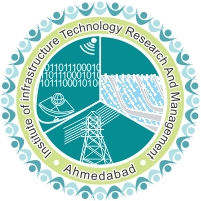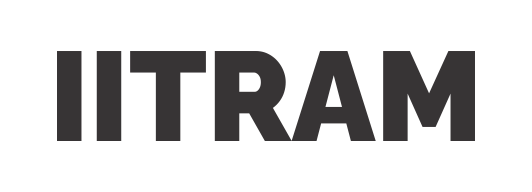Economic Feasibility of Personal Rapid Transit (PRT) Mode of Transport: A Case for Ahmedabad City, Gujarat
Authors :- J Goswami, N Chaudhari, Y Goswami, J Shah
Publication :- Resilient and Responsible Smart Cities, 2022
Rapid urbanization is inherited with the challenges to providing appropriate transportation facilities to cater to the demand of Indian cities. Looking at the current demand and inefficiency of the present public transport services, private modes hold the opportunity to cater to the service demand which further creates traffic congestion on limited road space. Most of the Indian metropolitan cities are facing certain challenges with severe traffic congestion and pollution. The present study focuses on the city of Ahmedabad: India’s first heritage city which is equipped with the existing infrastructure that includes the old heritage buildings, narrow streets, and congested housing plan in the city center that adds difficulty to continue with the traditional current transportation system such as Ahmedabad Municipal Transport Service (AMTS), Bus Rapid Transit System (BRTS), and other prospective transport systems to streamline the travel needs of the city. The requirement for the new mode of transport was established through the collected data set of BRTS, primary survey, and expert consultation. Indian cities are focusing on the concept of elevated transportation corridor or such system which runs above ground level; most of the time, attention is restricted to Metro.

